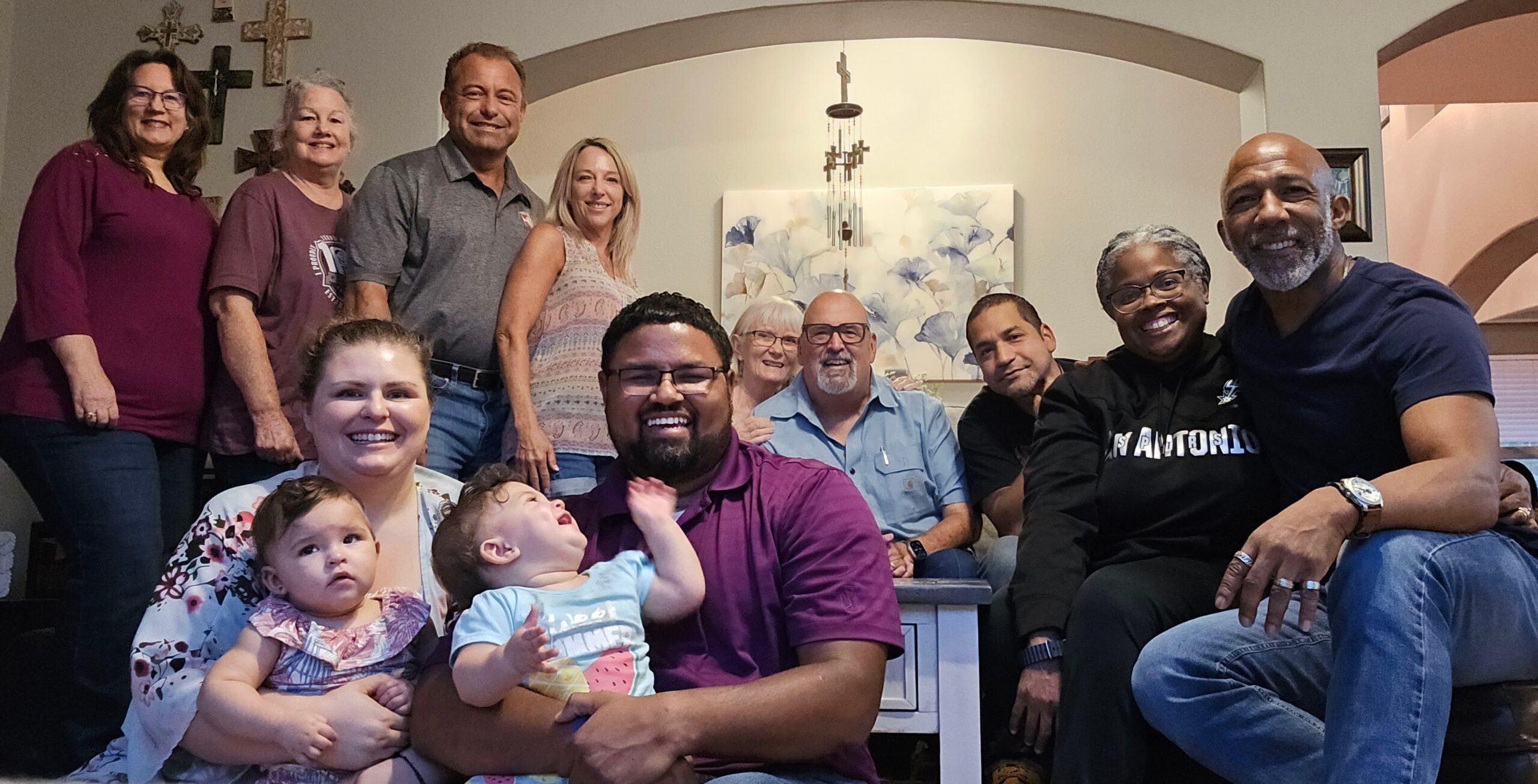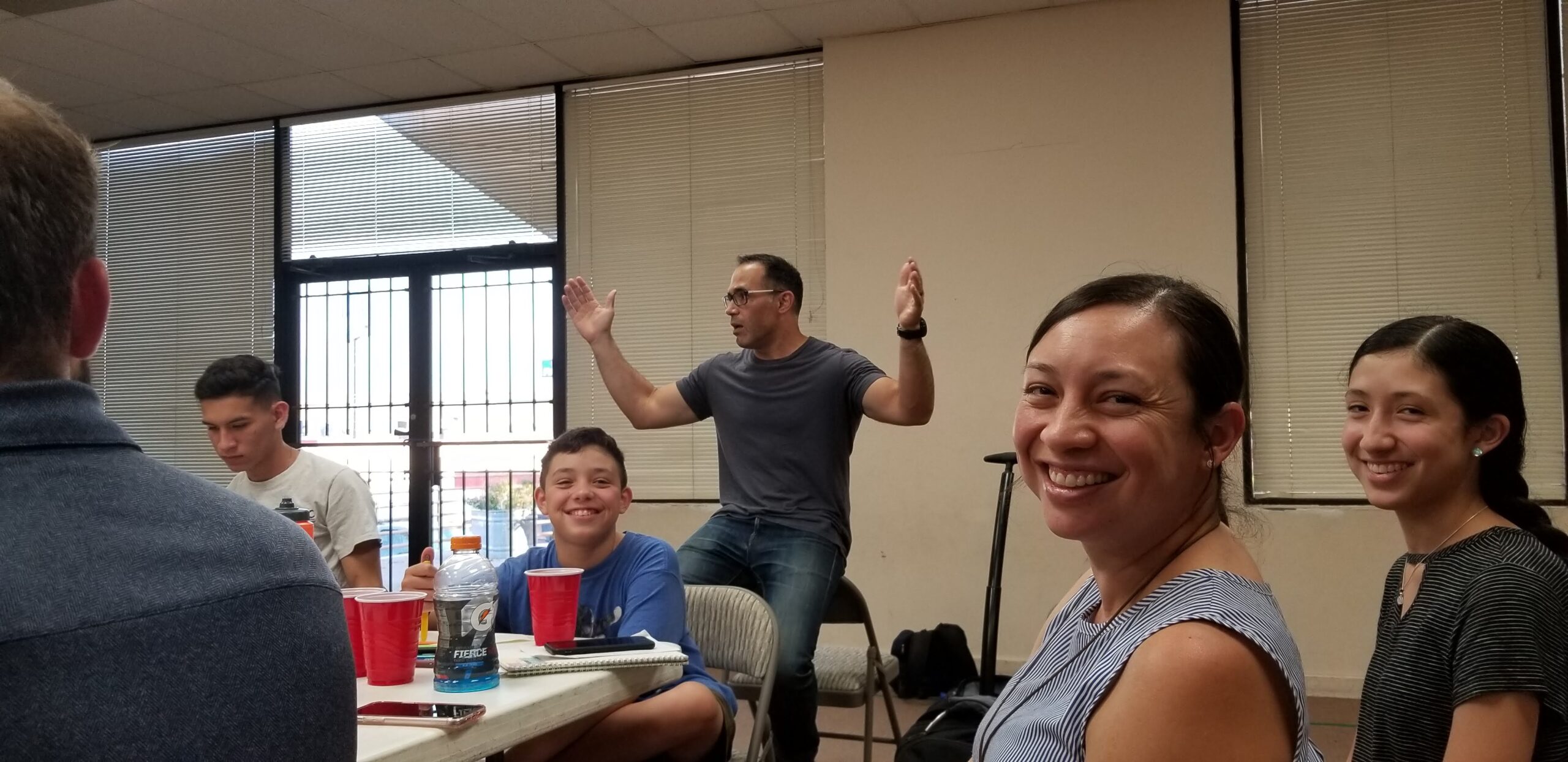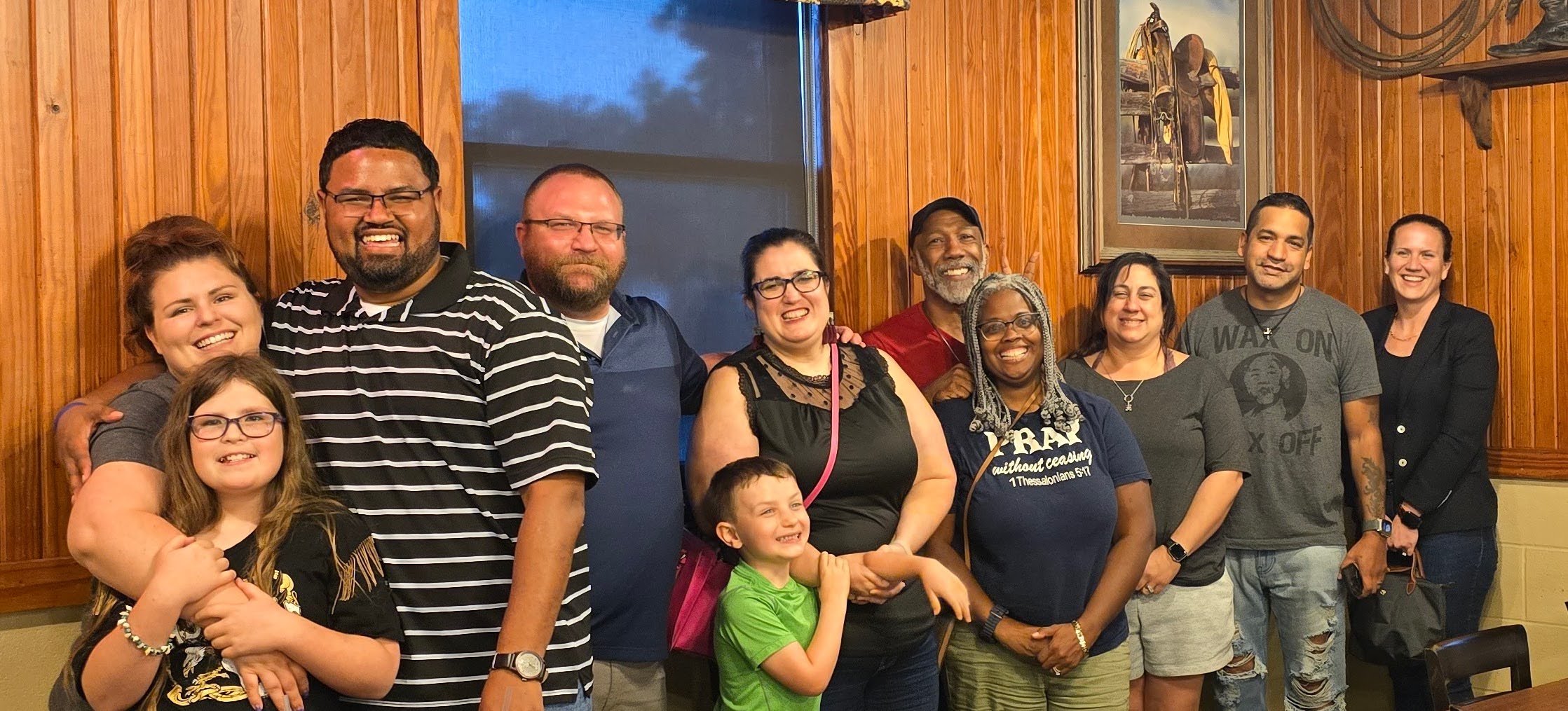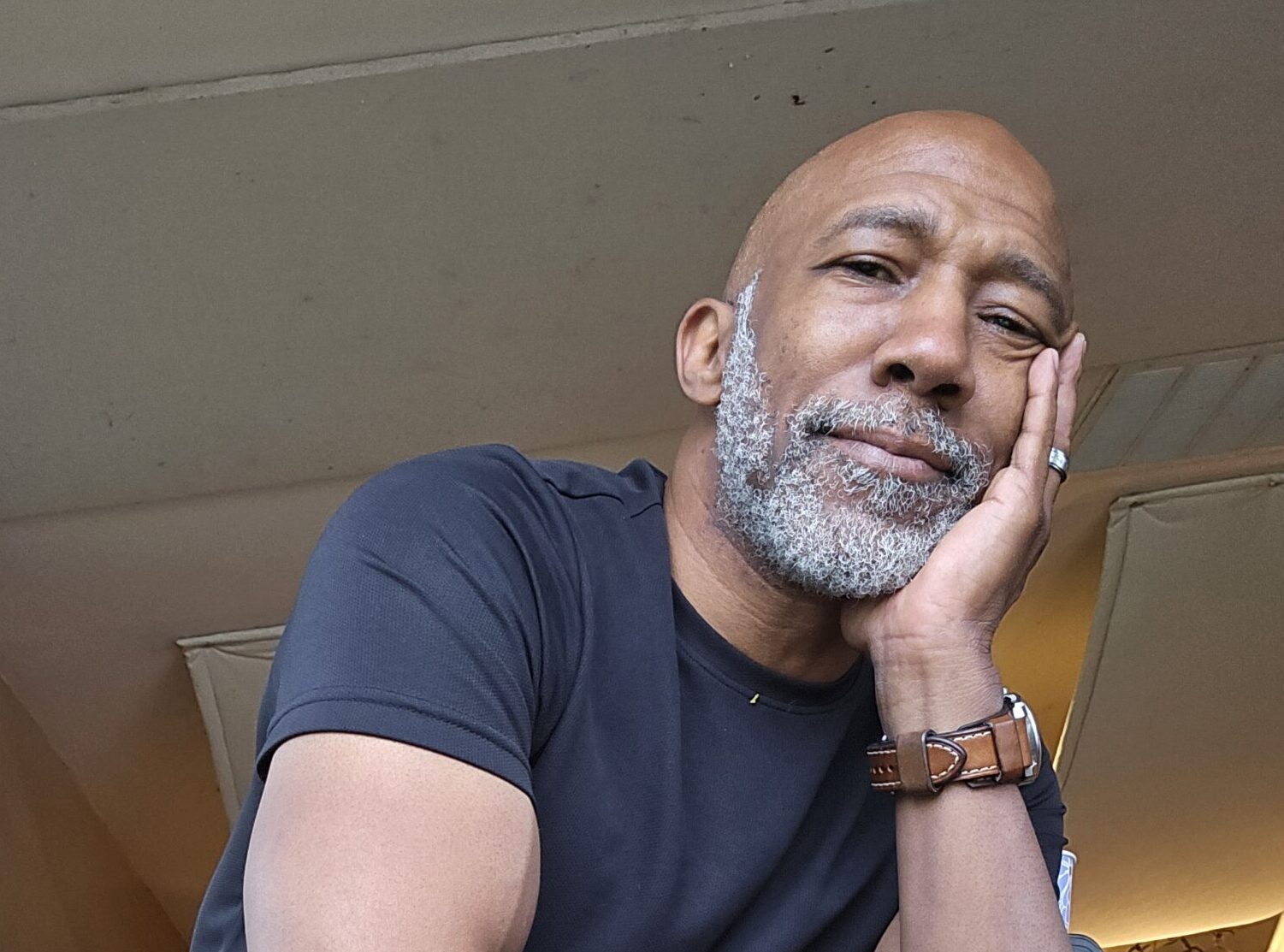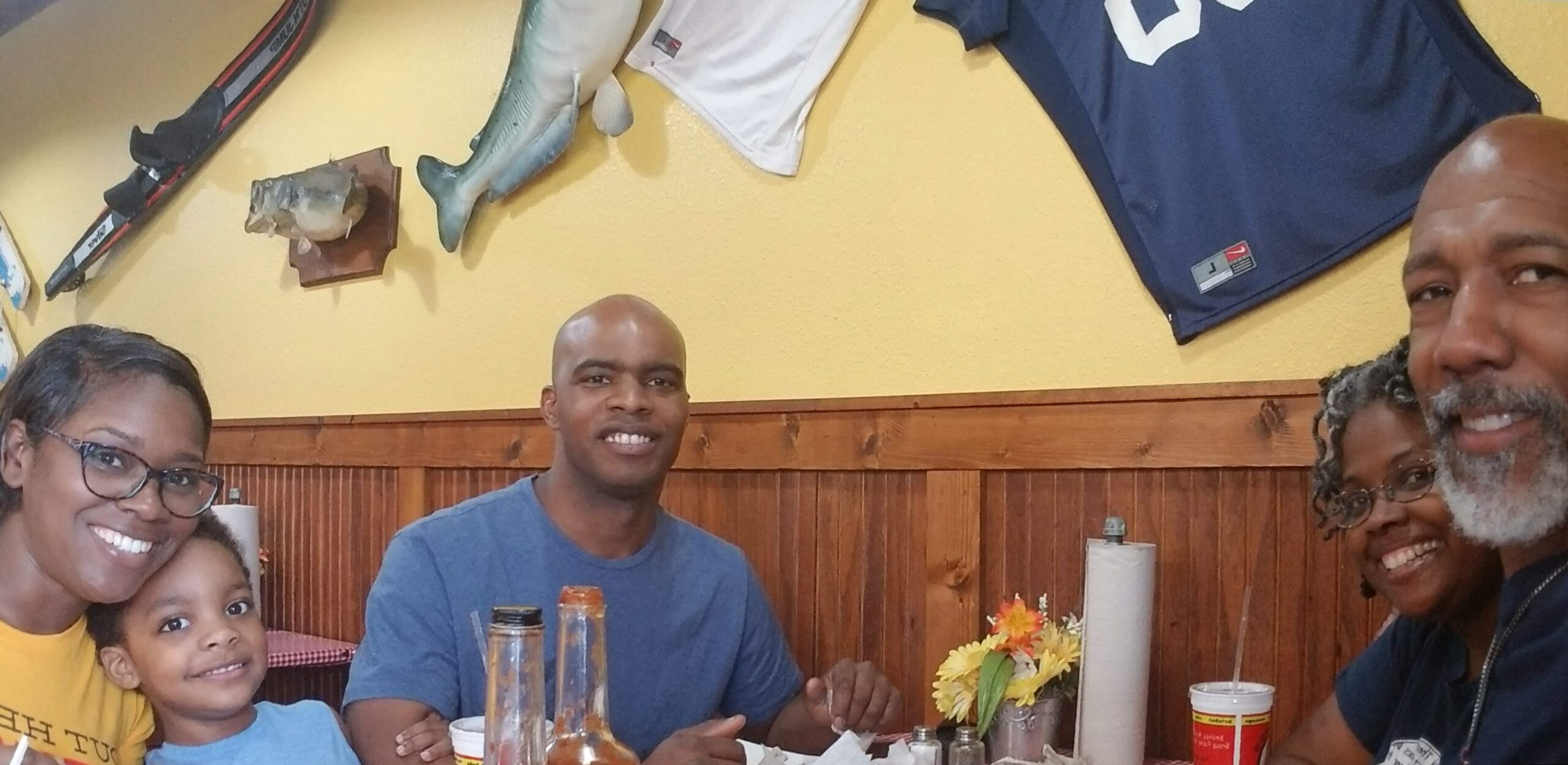Passage: Matthew 9:1-8
1 So He got into a boat, crossed over, and came to His own city. 2 Then behold, they brought to Him a paralytic lying on a bed. When Jesus saw their faith, He said to the paralytic, “Son, be of good cheer; your sins are forgiven you.” 3 And at once some of the scribes said within themselves, “This Man blasphemes!” 4 But Jesus, knowing their thoughts, said, “Why do you think evil in your hearts? 5 For which is easier, to say, ‘Your sins are forgiven you,’ or to say, ‘Arise and walk’? 6 But that you may know that the Son of Man has power on earth to forgive sins”—then He said to the paralytic, “Arise, take up your bed, and go to your house.” 7 And he arose and departed to his house. 8 Now when the multitudes saw it, they marveled and glorified God, who had given such power to men.
Jesus Makes the Most of His Moments (Matthew 9:1; Mark 2:1-2) — Jesus has recently been asked to leave a place where He has delivered two men from demon-possession (Matthew 8:33-34). What does He do when asked to leave? He leaves. That is, Jesus departs from the country of the Gergesenes, gets into a boat, crosses the sea of Galilee, and came to His own city (καὶ ἦλθεν εἰς τὴν ἰδίαν πόλιν).

Figure 1 — Jesus crosses the Sea of Galilee to leave Gergesa and come home to Capernaum.
His own city is no longer Nazareth; Jesus has been ousted from there (Luke 4:16, 28-30) and now resides in Capernaum (Mark 2:1). Outside of Nazareth Jesus is regarded favorably and news of His presence draws a crowd. In the crowd are Pharisees and teachers of the law; they have come from the regions of Galilee, Judea, and the city of Jerusalem (Luke 5:17). And the moment is seized; He preached the word to them (Mark 2:2). His time is short and He does not want to waste a second of it. His agency is used to help people; his urgency leads him to use his moments for the long run and with a view toward eternity. Jesus is an opportunist; He uses the gathering to advance the understanding of the people that have come to Him in matters of the kingdom of God and living effectively.
Question: Am I Jesus to the people that come to me? That is, am I using my free will and my limited time to make the most of my moments with others? Do I share what I can about the kingdom of God and spiritual truths so that people can live effectively in the service of the Lord and others?
Bringing People to Jesus (Matthew 9:2) — Matthew says, “Look at this, reader! They brought to Jesus a paralytic lying on a bed.” The behold (ἰδού) calls the reader to look at what is being said with the intent of looking seriously and how it matters in two things: (1) the argument of the writer and (2) the application of what is being said own life. In Matthews attempt to convince the reader that Jesus is the long-awaited Messiah-King, he draws attention to the fact that some people had already come to the conclusion that with Jesus there is hope for people otherwise considered hopeless. Four men have come to regard their paralyzed friend as having a chance of being whole. We learn from Mark that they are not daunted by the fact that they cannot get through the crowd. These uncouth men of faith will not be denied; they tear a whole in the roof of the home and let their paralyzed man down through the hole (Mark 2:3-4; Luke 5:18-19).
Questions: Do I regard my friends as having real hope in Christ? What am I bringing them to? How determined am I to bring them to Jesus? Will I stop trying if it becomes inconvenient?
Jesus, seeing their faith, is moved to deal with the problems of the paralytic. Here is where things get interesting. The healing they are seeking is temporary. Where there is genuine faith Jesus is more concerned with the more serious matter of unforgiven sin. Paralysis as a problem pales compared to the lack of forgiveness. The wages of sin is death (Romans 3:23). Our value system is often most concerned with the inconvenience of ill health, the setback of sickness, or the pain caused by disease in our body or relationships. But in the economy of God my biggest problem is not failing health but my need for forgiveness and reconciliation to Himself. Failing health is an inevitable consequence of being human in this world; if it is fixed by Jesus… it is going to fail again. But forgiveness and favor with God benefits me now and for all eternity. Jesus deals with the biggest problem that man faces – sin (Matthew 1:21). Jesus says that he can be of good cheer or encouraged because his sins are forgiven.
The Authority of Jesus (Matthew 9:3; Mark 2:7; Luke 5:21) — Matthew calls to the reader’s attention the inner dialogue of the scribes. And he does it again with behold (ἰδού). (It is unfortunate that the NKJV translates this as at once. ESV and KJV are consistent in this regard and render the underlying text as behold. The NET Bible and NLT do not translate it at all.) By using this word Matthew says that his argument about who Jesus is advanced; it is seen why this helps his argument when we put verse 3 with 4.
3 And behold some of the scribes said within themselves, “This Man blasphemes!”
What did they say to themselves? They said within themselves, “This Man blasphemes!” Matthew would have me to know that the statement of the Jesus drew a very critical reaction from religious experts. Why?
Sin is first and foremost against God. Even when it immediately hurts others, it is a work against the God who made the others for Himself. David says as much when he summarily describes his sin against Uriah the Hittite, Bathsheba the wife of Uriah, and the people that he had conscripted to help with his trespass (2 Samuel 12:13).
4 Against You, You only, have I sinned,
And done this evil in Your sight—
That You may be found just when You speak,
And blameless when You judge. (Psalm 51:4)
It stands to reason that forgiveness of sin against God can only be granted by God. That is, it is not logical that someone other than God Himself could grant me forgiveness for the ways that I have wronged God Himself. With this in mind, Jesus’ statement is outrageous. If He is merely a man this is beyond arrogance. It is blasphemy — a bold disrespect and disregard for who God is and the difference between the domain of man and the domain of God!
6 And some of the scribes were sitting there and reasoning in their hearts, 7 “Why does this Man speak blasphemies like this? Who can forgive sins but God alone?” (Mark 2:6-7)
They are not wrong theologically? That is, their rhetorical question is the right one; it points up the fact that a mere man cannot pardon a person for sin against God. The problem is in their failure to realize who Jesus is. He is going to deal with that now.
The Powers of Perception of the King (Matthew 9:4; Psalm 139:2; 1 Samuel 16:7; John 2:23-25) — In their hearts they reacted immediately. In their hearts they reacted critically. In their hearts they started with the assumption that Jesus did not have the authority to forgive sin. This was an outworking of their prior unwillingness to accept the testimony and ministry of John. Their failure to receive the full import of what had been said by John (John 1:15,29-34) was now manifest in a way-too-low view of Jesus.
But let us think for a moment on the statement itself. It is in the passive voice: your sins are forgiven you. Further, we must take into account that this statement was made by a Jew to other Jews; that means it was said in Hebrew. Putting these three things together
statement: your sins are forgiven you + passive voice + Hebrew
We have a statement that was familiar to the scribes. Fruchtenbaum helps us here:
The Hebrew form of the passive, you sins are forgiven, is used only in one section of the entire Hebrew Bible: in Leviticus 4-6. The context of these chapters is atonement, as they detail the blood sacrifices necessary for the forgiveness of sins. The statement of forgiveness in a passive voice followed the sacrifice (e.g., Lev. 4:20, 26, 31, 35; 5:10, 13, 16, 18; 6:7). …[T]he Hebrew word for “forgiveness,” salach (סָלַח), is used of God. The passive means that God is doing the forgiving. Being Pharisees, these people knew both the Torah and Hebrew, and they caught the connection He was making. He was claiming the authority that God asserted for Himself in Leviticus 4-6: that by means of blood atonement, God had forgiven their sins. … Yeshua was, therefore, speaking as if He were God. (Fruchtenbaum, 2017, p. 186)
Jesus begins having conversation with His critics about the meditations of their hearts.
14 Let the words of my mouth and the meditation of my heart
Be acceptable in Your sight,
O Lord, my strength and my Redeemer. (Psalm 19:14)
The Pharisees started with the assumption that Jesus was sinning. Their theology was correct. Their problem, though, was a small view of Messiah and failure to accept the testimony of John the Baptist (Matthew 21:23-25).
Question: Are there truths or testimonies that I have refused to receive that are making it hard for me to accept what God is showing me?
The Proof of the King (Matthew 9:5-6) — Jesus knows their thoughts and addresses their concern. He does this with an argument a fortiori. That is, he proves His claim that the sins are forgiven by demonstrating something that can be seen. We are apt to separate the say from the fulfillment; that was not the case with the people in this narrative (Ezekiel 12:28; Numbers 23:19). To them the saying and the fulfillment are one and the same. Thus, the easier thing to say, because it is does not require immediate validation, is “Your sins are forgiven you?” So then, Jesus takes on the harder thing as proof that the easier thing has been accomplished. It would have been to them immediate proof that the easier thing to say was true and that the man’s sins were forgiven.
All of this was done that they would “know that the Son of Man has power on earth to forgive sins.” By using the phrase Son of Man the Rabbi from Nazareth is claiming to be the figure of Daniel’s prophecy:
13 “I was watching in the night visions,
And behold, One like the Son of Man,
Coming with the clouds of heaven!
He came to the Ancient of Days,
And they brought Him near before Him.
14 Then to Him was given dominion and glory and a kingdom,
That all peoples, nations, and languages should serve Him.
His dominion is an everlasting dominion,
Which shall not pass away,
And His kingdom the one
Which shall not be destroyed.
Daniel 7:13-14, approximately 550 BC
This is not an emphasis of His humanity but His deity; the Son of Man in Daniel’s vision receives worship (Daniel 7:14). Jesus then gives the command to the man to “Arise, take up your bed, and go to your house?”
Who is Going to Fix This Roof (Matthew 9:7) — The man did just as Jesus directed him. He departed to his own house glorifying God (Luke 5:25). We can imagine the looks on the faces of the people as the man who came in through a whole in the roof with the aid of four me left through the door carrying his own bed. But let us not miss the meaning of the walking man. His walking was working to advance the more important point – his sins were forgiven.
(Matthew 9:8) — Jesus had proven His claim. The paralytic was gone; in his place was a man that could carry his own bed. Thus, they now know that the Son of Man has power on earth to forgive sins. This was the conclusion of the multitudes: God had given such power to men.
References
Fruchtenbaum, Arnold G. (2017). Yeshua: The Life of Messiah from a Messianic Jewish Perspective, Vol. 2. Ariel Ministries.
